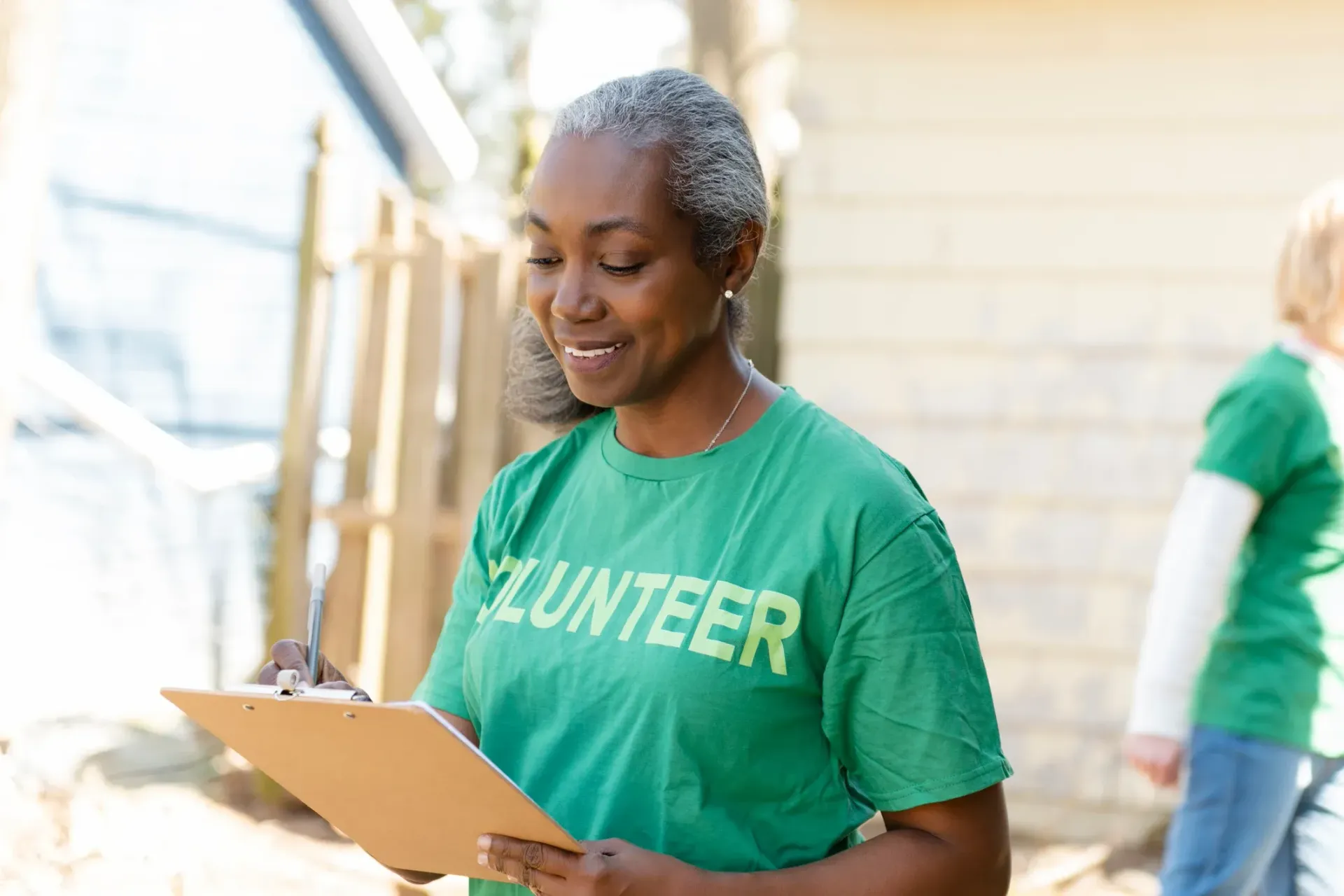How to Know If a Volunteer Program Is Legitimate
TLDR;
To know if a
volunteer program is legitimate, check the organization’s transparency, research online reviews, and assess the program's communication and structure. Be wary of vague project descriptions, unclear fees, and a lack of past volunteer testimonials.
Understanding Volunteer Program Legitimacy
Legitimacy in volunteer programs isn’t just about avoiding scams—it's about ensuring your time, energy, and money go to a cause that truly benefits the community. At CleanUP USA, we work with countless volunteers and partners, and we've seen firsthand how legitimate programs can create lasting change when set up properly. Whether you're an individual looking to contribute your time or a business aiming to align with a cause, this guide will walk you through how to determine if a volunteer opportunity is the real deal.
1. Why Verifying a Volunteer Program Matters

Not all volunteer programs are created with good intentions. Some exploit communities, overcharge volunteers, or fail to provide any meaningful impact. Here's why it’s crucial to verify before committing:
- Protects your time and resources
- Ensures community benefit rather than harm
- Avoids emotional and financial scams
- Builds meaningful relationships with credible organizations
2. Start by Researching the Organization

Official Website and Social Presence
A trustworthy volunteer program should have a well-maintained, up-to-date website and active social media profiles.
- Look for clearly stated mission, values, and history
- Read their "About Us" section to see who’s behind the work
- Check for regular updates, project news, and engagement with followers
Online Reviews and Forums
Past volunteers offer the most authentic insights. Look beyond the organization’s own website.
- Platforms like
GoAbroad,
GoOverseas,
Reddit, and
Quora provide unfiltered reviews
- Look for consistency in feedback—positive or negative
- Be cautious of programs with no presence or only overly glowing reviews
Third-Party Ratings
Legitimate organizations are often rated or listed by trusted platforms:
- Charity Navigator
- GuideStar (Candid)
- GiveWell
These sources evaluate based on impact, transparency, and financial accountability.
3. Assess the Organization’s Transparency

Clear Program Details
A legitimate volunteer organization will outline:
- Specific goals of the program
- Daily tasks and responsibilities
- Required qualifications and expectations
Vague or overly broad descriptions are a red flag.
Financial Transparency
If you're asked to pay, understand where the money is going.
- Request a breakdown of fees (housing, meals, admin, donations)
- Look for published
annual reports or
financial statements
- Confirm if the organization is a registered nonprofit or social enterprise
Accountability Measures
- Legit programs often have
board members,
advisors, or
local partners
- Check for policies on reporting misconduct, safety protocols, and impact tracking
4. Evaluate Communication and Program Structure

Structured Application Process
An authentic program should require more than just filling out a quick form. Understanding the Volunteer Process Timeline can help set realistic expectations for interviews, background checks, and orientation steps.
- Expect interviews, references, or background checks
- A genuine program wants to ensure volunteers are a good fit, not just a funding source
Defined Expectations and Guidelines
Ask to see:
- Daily or weekly schedules
- Volunteer manuals or handbooks
- Code of conduct or volunteer agreement
Programs that lack clear expectations usually struggle with execution on the ground.
Communication Channels
Legit programs use formal and reliable communication tools.
- Email, phone, and secure websites are standard
- Be wary if the only communication is through WhatsApp or unverified social accounts
5. Red Flags You Should Never Ignore

- Unrealistic promises: “Change the world in one week” is a sales pitch, not a mission
- High upfront fees with no clarity: Especially if they're non-refundable
- Lack of past volunteer stories: No photos, blogs, or video testimonials? That’s suspicious
- No local partnerships or community involvement: A good program should have roots in the area it serves
- No physical office or legal registration: Always confirm the organization exists beyond the internet
6. Ask the Right Questions Before You Commit

When reaching out to a program, don’t hesitate to probe deeper. Ask:
- Can I speak with a past volunteer?
- How are volunteers matched with projects?
- What happens if I feel unsafe or unsupported during the program?
- Is my contribution primarily service-based or financial?
You’re not being difficult—you’re being diligent.
7. Legitimate Volunteer Programs Will Have These Traits

- Community-centered, not volunteer-centered
- Sustainable projects that continue with or without your presence
- Ethical practices that avoid exploitation or harm
- Trained staff and safety protocols in place
- Impact reports or data that show results
If these aren’t obvious, ask. If the answers are vague, reconsider.
8. What to Do If You Suspect a Scam

- Stop communication immediately
- Do not send any money
- Report the program to watchdog sites or authorities
- Warn others by posting reviews
- If payment was made, contact your bank or card provider to dispute charges
There are also nonprofit watchdogs and volunteer networks that keep scam lists. Utilize them.
9. What Legitimate Programs Can Look Like: CleanUP USA’s Standards

At CleanUP USA, we operate volunteer opportunities with clear structure and strong values:
- Transparent fee breakdowns and zero hidden costs
- Training and orientation before volunteers begin
- Measurable community outcomes tracked by our team
- Community-driven projects—not just “voluntourism”
We urge every potential volunteer to do their due diligence—not just with us but with any organization. Real impact starts with informed decisions.
Support CleanUP SCAN ME











